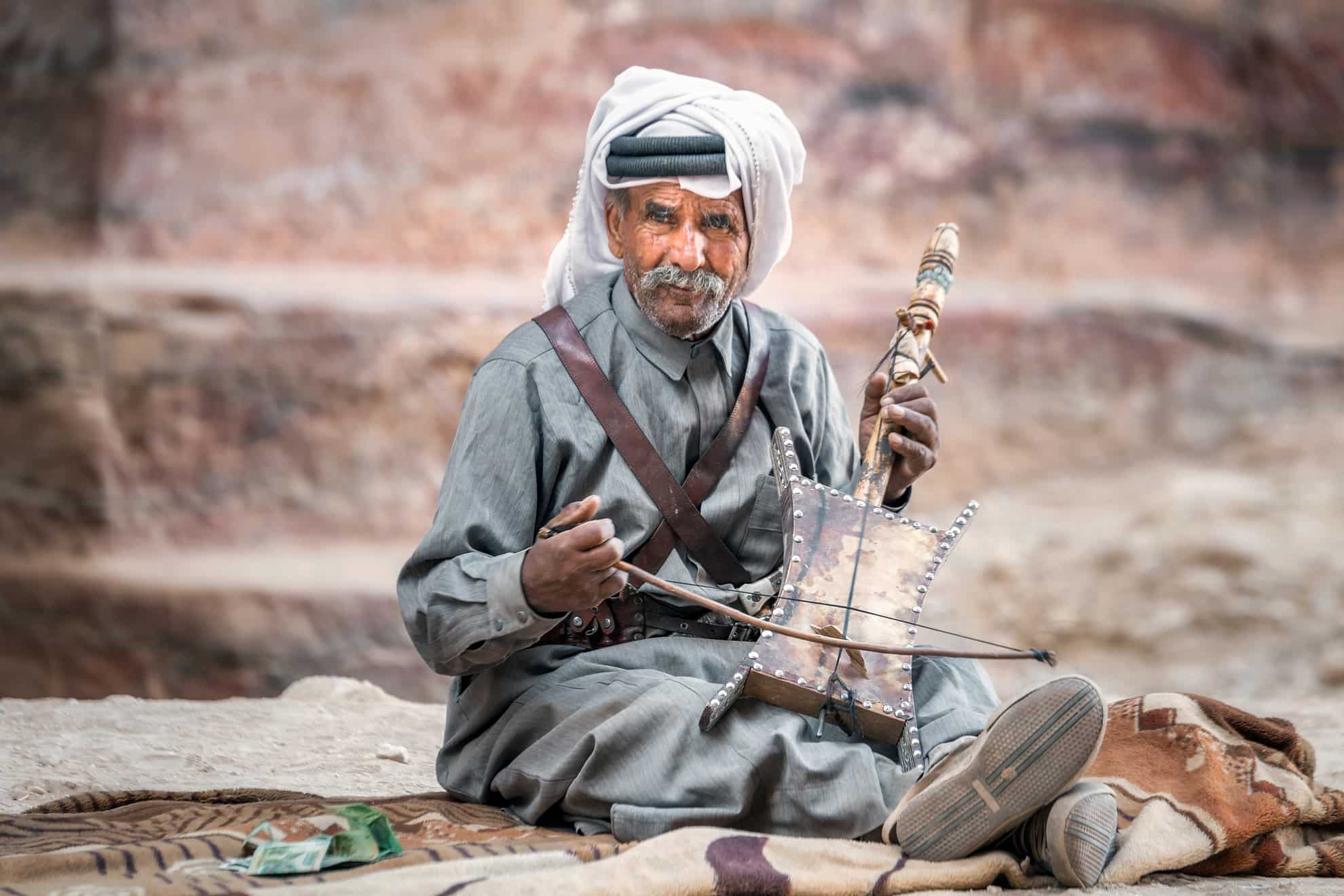
- 31 Oct 2021
Sustainable travel – responsible experience with consideration to local communities and the natural environment – should be the only way we travel. In Jordan, and other developing economies, sustainable travel has an unrivalled power to stimulate the economy, empower local communities, create more inclusive jobs, and protect the planet.
Jordan, endowed with unique landscapes and a rich historic and cultural heritage, has so much to offer those interested in sustainable travel experiences. From deserts to mountains, forests, and canyons, Jordan is a magnificent splendour waiting to be discovered. Having sat at the crossroads of many rich cultures and ancient civilizations, visitors will never tire from exploring the country’s buzzing food scene, mysterious ruins, and stories passed down from generation to generation.
1. Wellness Tourism
Travel to maintain, manage, or improve health and wellbeing – wellness tourism – is valued at $639 billion worldwide. In terms of purchasing power, wellness tourists spent 53% and 178% more than the average international and domestic tourists respectively in 2017. Most wellness travellers come from Europe, but those with the highest expenditure come from North America.
Jordan, with an abundance of natural sites appropriate for yoga and meditation, can attract such travellers. The country also has a growing instructor and practitioner crowd that can be engaged to create new wellness and yoga experiences for both local and international tourists.
2. Ecotourism
Ecotourists are mainly interested in relatively undisturbed ecosystems and want to learn more about natural phenomena, with the aim of contributing to the sustainable development of natural sites. AMR estimates the international ecotourism market value at $181 billion in 2019 and expects it to grow to $333.8 billion by 2027.
Jordan has significant potential when it comes to ecotourism. The country hosts a number of diverse nature reserves, including mountains, canyons, forests, and deserts. Visitors can also engage in hiking, biking, diving, and climbing activities.
More uniquely, Jordan is also home to the second most important flyway for migrating birds globally. The country can therefore leverage avitourism and attract birders from all over the world to observe the hundreds of species roaming the country.
3. Cultural Tourism
In this type of tourism, visitors learn, discover, and experience attractions and products relating to arts, design, architecture, literature, music, history, culture, lifestyle, traditions, and beliefs. Every year, cultural tourism increases at a rate of 4.5%, compared to 3.9% for global tourism. This proves that cultural tourism is an increasingly popular trend, growing faster than tourism in general.
Jordan boasts a rich cultural heritage, harbouring music, cuisine, archeological ruins, and the arts. The country also hosts five UNESCO world heritage sites, including Al Salt, the Baptism Site, Umm Al Rasas, Petra, and Qaseir Amra.
There is also an untapped potential for film tourism, where new experiences, trails, and tours attract film buffs interested in Indiana Jones, Star Wars, the Martian, Lawrence of Arabia, or Aladdin, among other famous blockbusters filmed in Jordan.
4. Spiritual Tourism
The spiritual or faith-based tourism industry is estimated at $18 billion globally, bringing in more than 300 million travellers every year. Many of these travellers flock to Jordan, being part of the ‘holy land’ and home to many significant religious sites, such as Mount Nebo and the Jordan River’s Baptism site.
Through our Curated Experiences project, we will be developing new Christian and Islamic heritage trails that appeal to local and international tourists with different beliefs, interests, and needs.
The project, supported by the Embassy of the Kingdom of the Netherlands in Jordan, curates new sustainable tourism experiences in Jordan in an effort to stimulate and diversify the sector.
Ultimately, we hope to generate new income opportunities for Jordanians living in rural and marginalised areas and help the overall sector build back better.
Learn more about our findings in our International Tourism Outlook Report.